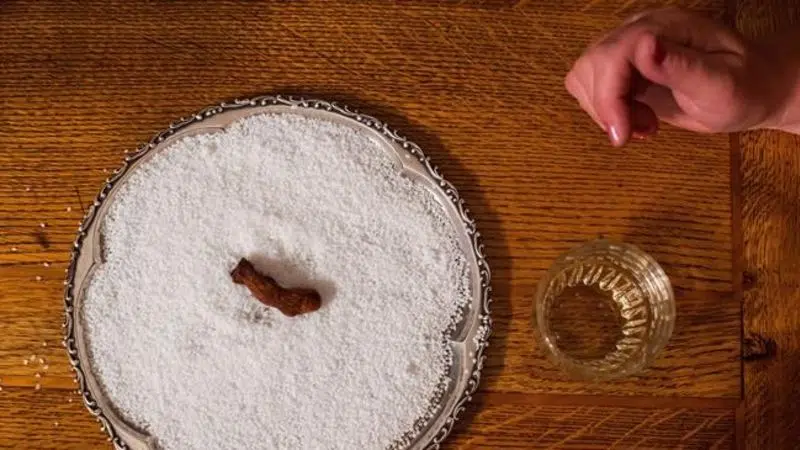
Capt. Dick Stevenson, legendary Sourtoe Cocktail founder, dies in Whitehorse
DAWSON CITY, Yukon — The founder of the legendary Sourtoe Cocktail in Dawson City, Yukon, has poured his final glass of the well-known whisky-and-pickled-human-toe drink.
Dick Stevenson, the former bartender known by his nickname Captain Dick, has died. He was 89.
Stephen Lancaster, manager of the Dawson Hotel, where the Sourtoe Cocktail tradition continues, said Saturday patrons at the Sourdough Saloon and members of the community are deeply saddened by Stevenson’s passing Thursday in Whitehorse.
“When I walked into the bar last night, it was quite a sad feeling knowing that we lost somebody who was really important to the history of the place,” he said. “We are quite sad about it and want to honour him somehow, and we’re trying to figure out some way of doing that.”
